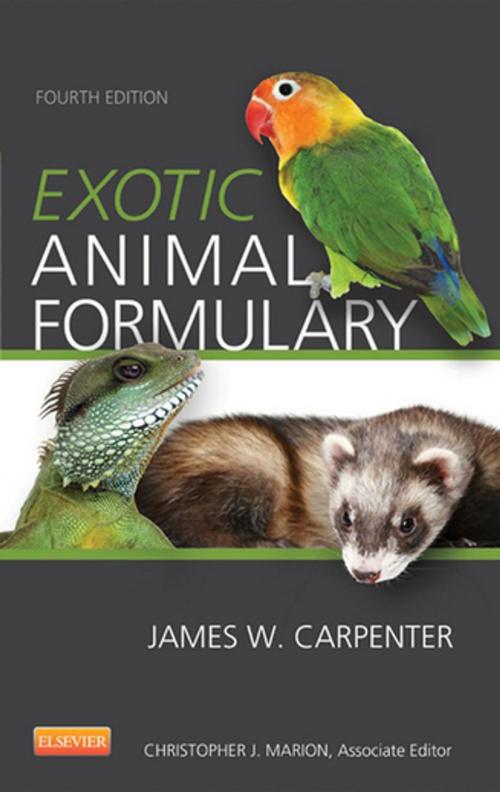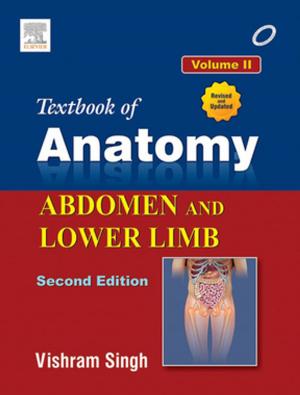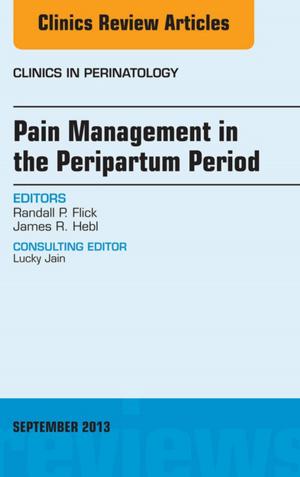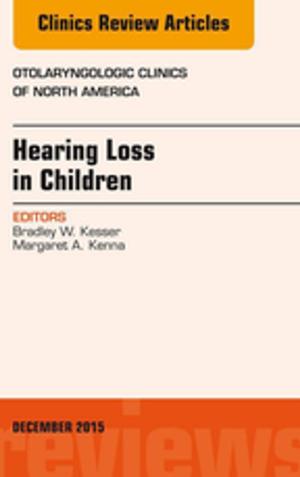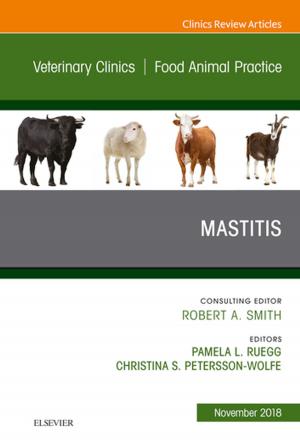Exotic Animal Formulary - eBook
Nonfiction, Health & Well Being, Medical, Veterinary Medicine, Small Animal| Author: | James W. Carpenter, MS, DVM, Dipl ACZM | ISBN: | 9781437722635 |
| Publisher: | Elsevier Health Sciences | Publication: | September 2, 2012 |
| Imprint: | Saunders | Language: | English |
| Author: | James W. Carpenter, MS, DVM, Dipl ACZM |
| ISBN: | 9781437722635 |
| Publisher: | Elsevier Health Sciences |
| Publication: | September 2, 2012 |
| Imprint: | Saunders |
| Language: | English |
A quick, concise reference to the drugs and dosages used to treat exotic animals, Exotic Animal Formulary, 4th Edition addresses the most common questions and medical situations you encounter in clinical practice. Species covered include birds, fish, amphibians, reptiles, primates, wildlife, and all kinds of small mammals and "pocket pets." This edition is updated with a new chapter on invertebrates, information on the latest drugs, and a colorful new design. Written by clinical and research veterinarian James Carpenter, this book is the only drug formulary on the market created solely for the treatment of exotic animals.
-
Nearly 200 drug tables provide clear, current recommendations on drugs, indications, and dosages used in treating exotic animals, including biological tables with details on therapies and diets, normal blood parameters of common species, venipuncture sites, differential diagnosis, and medical protocols for common conditions.
-
All drug information is reviewed for accuracy, ensuring that this reference remains authoritative and current.
-
Easy-to-use organization divides drug monographs into quick-reference chapters including: Invertebrates, Fish, Amphibians, Reptiles, Birds, Sugar Gliders, Hedgehogs, Rodents, Rabbits, Ferrets, Miniature Pigs, Primates, and Wildlife.
-
Additional drug topics include antimicrobial, antifungal, and antiparasitic agents.
-
More than 20 expert authors contribute to this edition.
-
References in each chapter provide resources for further research and study.
-
Convenient appendices provide a single source for information such as classes of drugs used to treat specific exotic animal conditions; efficacy of selected agents used to treat exotic animals; location of select laboratories to perform procedures; normal lab values; conversions; and equivalents.
-
New Invertebrates chapter has been added.
-
New two-color design makes information easier to access at a glance, with drug and biological tables shaded differently for fast lookup.
-
Updated information includes coverage of the latest drugs introduced into the market.
-
Electronic access is available via Pageburst, making it easy to search topics and drugs. Sold separately.
A quick, concise reference to the drugs and dosages used to treat exotic animals, Exotic Animal Formulary, 4th Edition addresses the most common questions and medical situations you encounter in clinical practice. Species covered include birds, fish, amphibians, reptiles, primates, wildlife, and all kinds of small mammals and "pocket pets." This edition is updated with a new chapter on invertebrates, information on the latest drugs, and a colorful new design. Written by clinical and research veterinarian James Carpenter, this book is the only drug formulary on the market created solely for the treatment of exotic animals.
-
Nearly 200 drug tables provide clear, current recommendations on drugs, indications, and dosages used in treating exotic animals, including biological tables with details on therapies and diets, normal blood parameters of common species, venipuncture sites, differential diagnosis, and medical protocols for common conditions.
-
All drug information is reviewed for accuracy, ensuring that this reference remains authoritative and current.
-
Easy-to-use organization divides drug monographs into quick-reference chapters including: Invertebrates, Fish, Amphibians, Reptiles, Birds, Sugar Gliders, Hedgehogs, Rodents, Rabbits, Ferrets, Miniature Pigs, Primates, and Wildlife.
-
Additional drug topics include antimicrobial, antifungal, and antiparasitic agents.
-
More than 20 expert authors contribute to this edition.
-
References in each chapter provide resources for further research and study.
-
Convenient appendices provide a single source for information such as classes of drugs used to treat specific exotic animal conditions; efficacy of selected agents used to treat exotic animals; location of select laboratories to perform procedures; normal lab values; conversions; and equivalents.
-
New Invertebrates chapter has been added.
-
New two-color design makes information easier to access at a glance, with drug and biological tables shaded differently for fast lookup.
-
Updated information includes coverage of the latest drugs introduced into the market.
-
Electronic access is available via Pageburst, making it easy to search topics and drugs. Sold separately.
